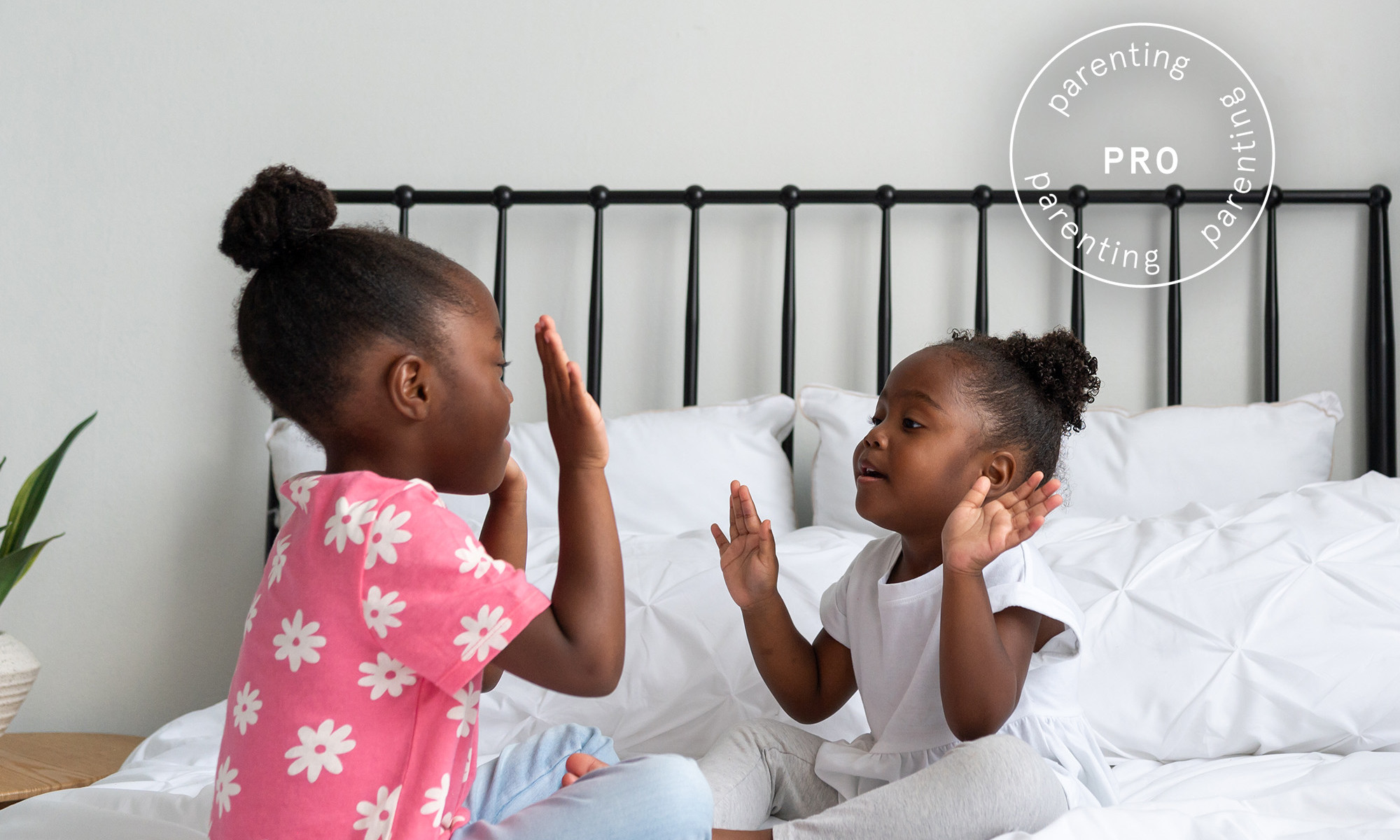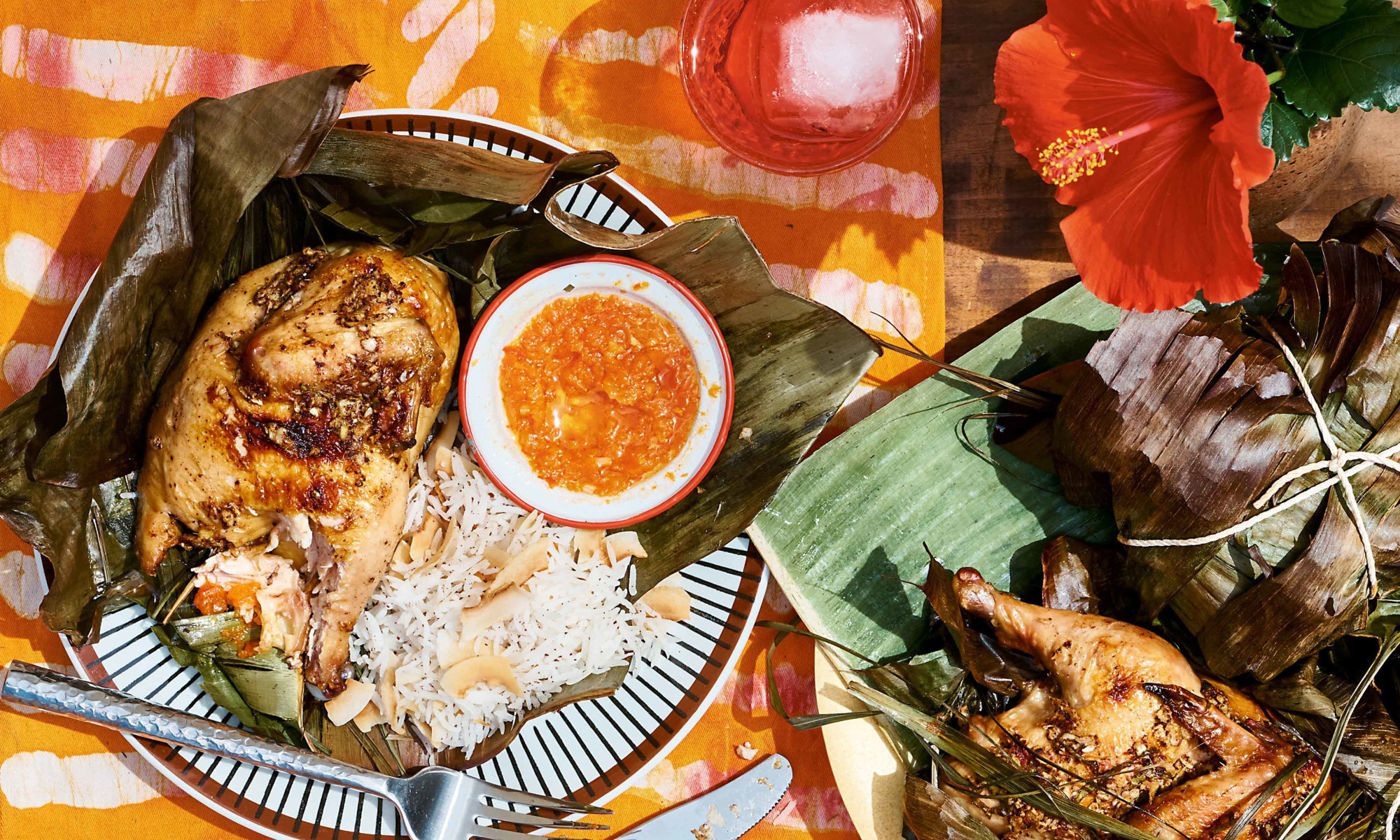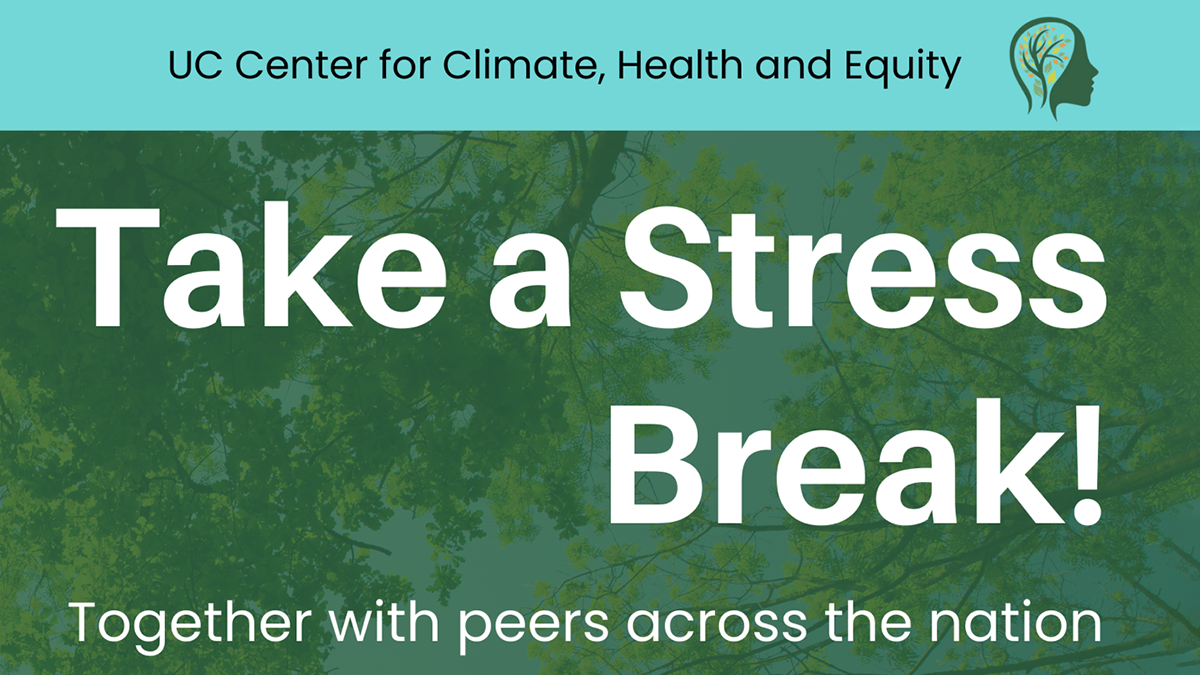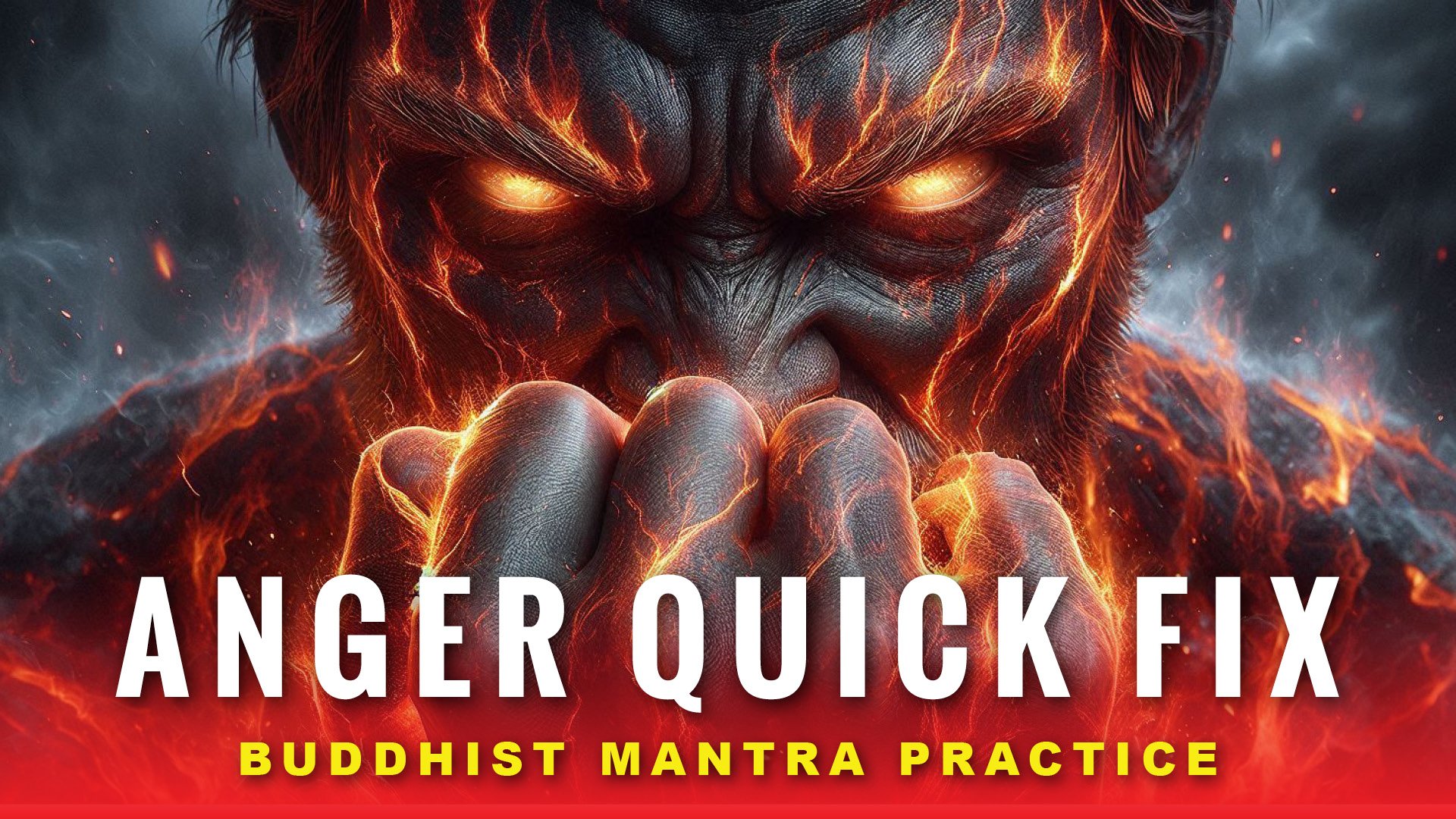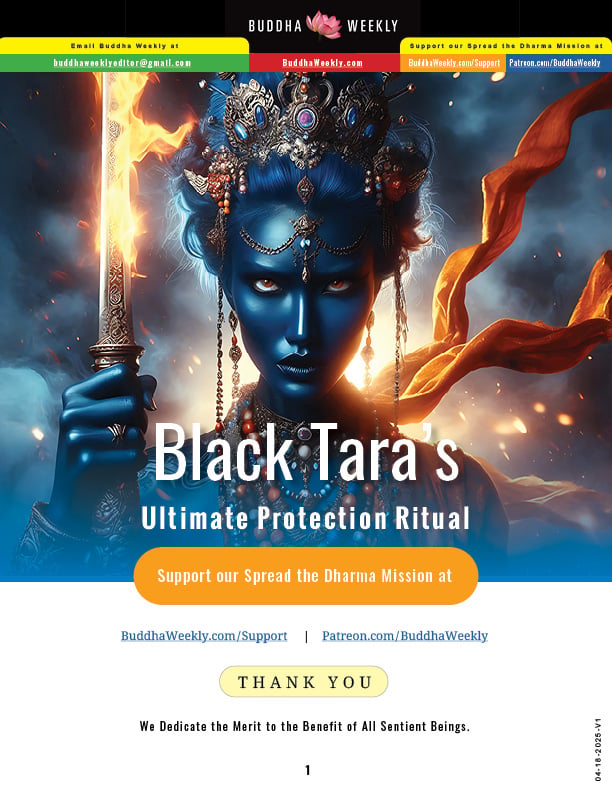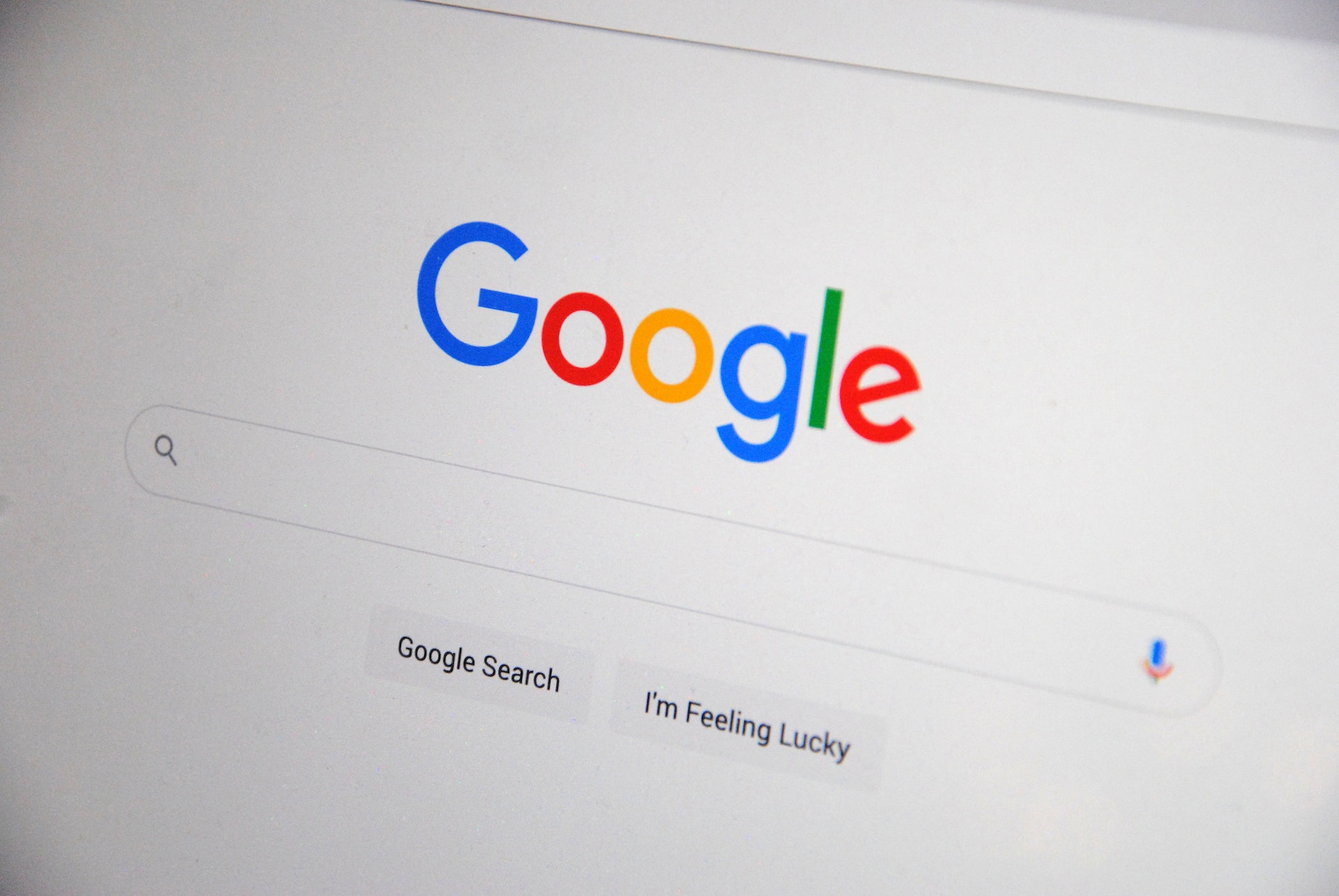Find Freedom from Bias
Anu Gupta explains how faith, wisdom, and compassion can help us heal from internalized discrimination. The post Find Freedom from Bias appeared first on Lion’s Roar.
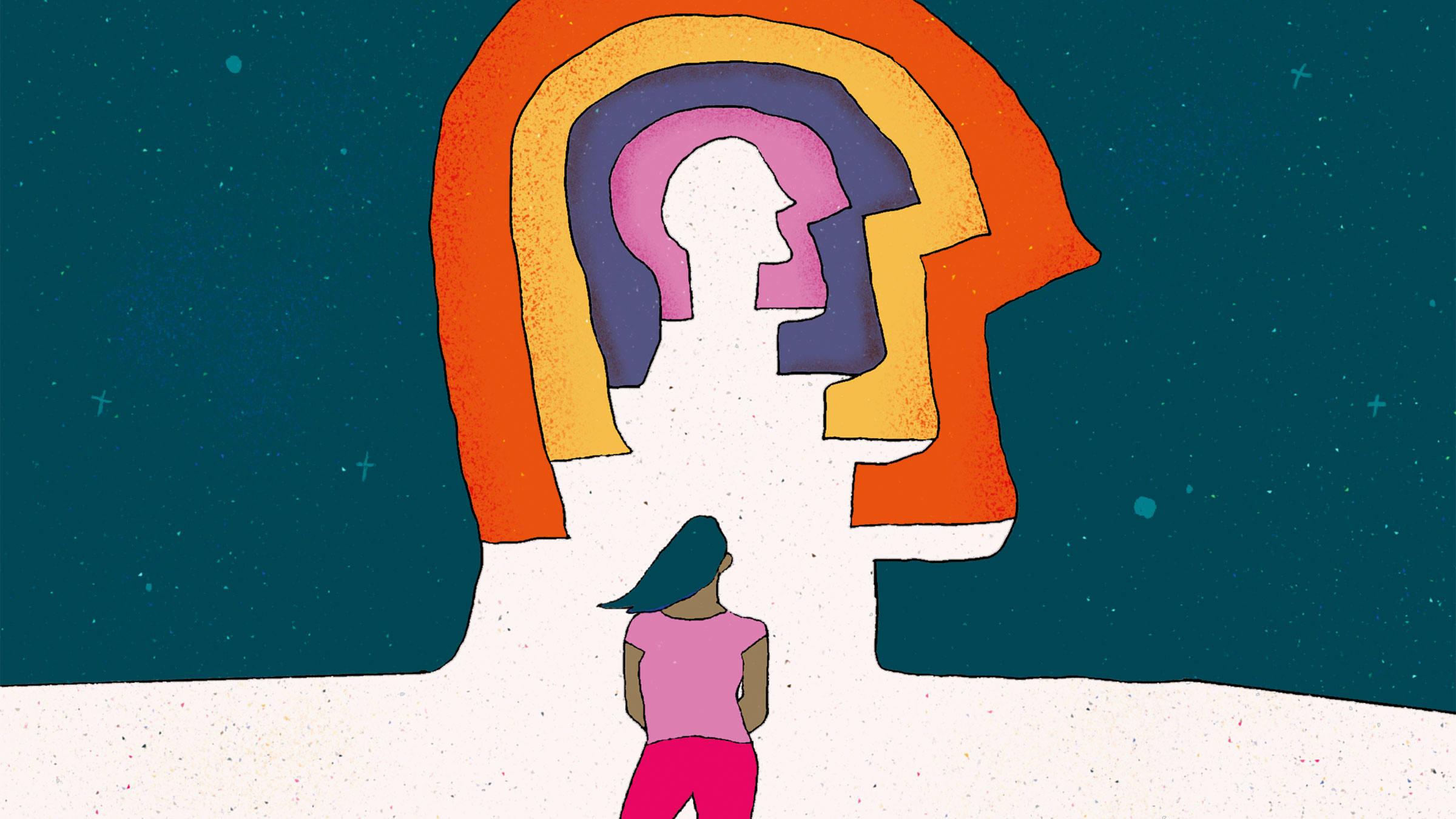
In September 2009, as back-to-school season raged around the nation, I found myself on the ledge of my eighteenth-floor apartment window, about to jump off. Looking at the Midtown Manhattan traffic below, I became aware of many stereotypes I’d been reduced to throughout my life of twenty-three years: fatty faggot, Arab terrorist, ugly Hin-doo-doo, and big-nosed idiot. For the first time in my life, I suddenly saw these stereotypes as just ideas—ideas that were placed on me and humans with my attributes for centuries, but ultimately, just ideas. Like most marginalized people worldwide, I’d internalized these ideas as true.
“Self-inquiry was not easy, yet it was essential for my healing and for fostering a more just and equitable world.”
As my mind repeated, “jump, jump, jump,” through an inexplicable moment of grace, instead of jumping forward into the traffic, I fell backward into my apartment. This turn of events inspired me to begin practicing my ancestral Buddhist tradition and to mend the psychic and emotional wounds of separation caused by a lifetime of racism, homophobia, Islamophobia, and xenophobia in my own heart and mind.
Today, I’m dedicated to sharing with others what I’ve learned about the suffering that stems from our various human identities and how to alleviate such suffering using a Buddhist framework. When grappling with internalized bias, there are three key teachings that can help you: faith, wisdom, and compassion.
Faith
I learned how to meditate and pray from my grandmother. She’d seat me in front of her alter to chant ancient mantras, insisting that I sing with shraddha. But I didn’t fully embrace the depth and totality of this word, commonly translated as “faith” in English, until I temporarily ordained as a Chan Buddhist monk at Fo Guang Shan monastery in Taiwan.
I went to the monastery following my suicide attempt because something inside me knew that I had to get better acquainted with my mind if I wanted to embrace life. For weeks, I practiced silence, chanting, and prostration to the one thousand buddhas, and these practices were like the droplets of water that eventually fill a water bottle enough to quench one’s thirst. Over time, I experienced a somatically felt trust in the dharma. This was my grandmother’s shraddha. In Buddhism, faith is not blind belief; it’s a confidence born from direct experience. Ever since my time in Taiwan, I’ve had a daily meditation practice that invites and reminds me to trust in the path, even when the destination feels uncertain.
Over time, as I explored meditation and teachings, I was encouraged to bring my suffering to the cushion. I learned to stay present with the pain of internalized stereotypes. Deep meditation practice helped me loosen the identification with those lies about my ethnicity and sexual orientation, as well as heal the underlying wounds of rejection, bullying, and marginalization that often led me to react unskillfully or cradle unwholesome emotions such as hatred, judgment, and ill will.
Fueled by faith, I could feel glimmers of hope whenever I encountered the external or internal demons of hatred, stereotyping, and bias. Faith also allowed me to see that my identities, while deeply meaningful, are not fixed or permanent. The labels placed upon me by society—queer, brown, immigrant—are part of my human experience, but they don’t define the totality of my being. Through faith, I began to trust in the impermanence of these constructs and the possibility of freedom from their grip. I discovered my very own bodhicitta, heart-mind of enlightenment.
Wisdom
Central to Buddhism is the cultivation of wisdom, or prajna, which involves seeing reality clearly for what it is and comprehending the causes and conditions that give rise to suffering. Dr. Bonnie Duran, one of my meditation teachers, helped crystallize this truth for me at my first meditation retreat for people of color. As a young lawyer, I attended the retreat to find some solace from the heart-wrenching racial disparities in our criminal legal system. “It shouldn’t be this way,” I recall saying to Bonnie. “But it is this way,” she answered, “and until you accept this reality, you will continue to fuel your suffering.”
I found such profound wisdom in these simple words. As someone who was dedicated to changing the system, her words inspired me to identify the root cause of all identity-based disparities: bias. Bias is a learned mental habit that distorts how we perceive, reason, remember, and make decisions about ourselves and others. Whether internalized or external, bias is rooted in ignorance—a fundamental misunderstanding of the interconnectedness of all beings.
As I delved into Buddhist teachings, I began to see how the suffering caused by bias is not limited to individuals—it reverberates throughout society. The stereotypes I’d internalized about myself were not personal failures, but rather products of collective delusion.
Through the simple mindfulness practices of mental noting, labeling, and investigation, I became more aware of the patterns of bias and committed myself to unlearning them and educating others about them. This process of self-inquiry was not easy, yet it was essential for my healing and for fostering a more just and equitable world.
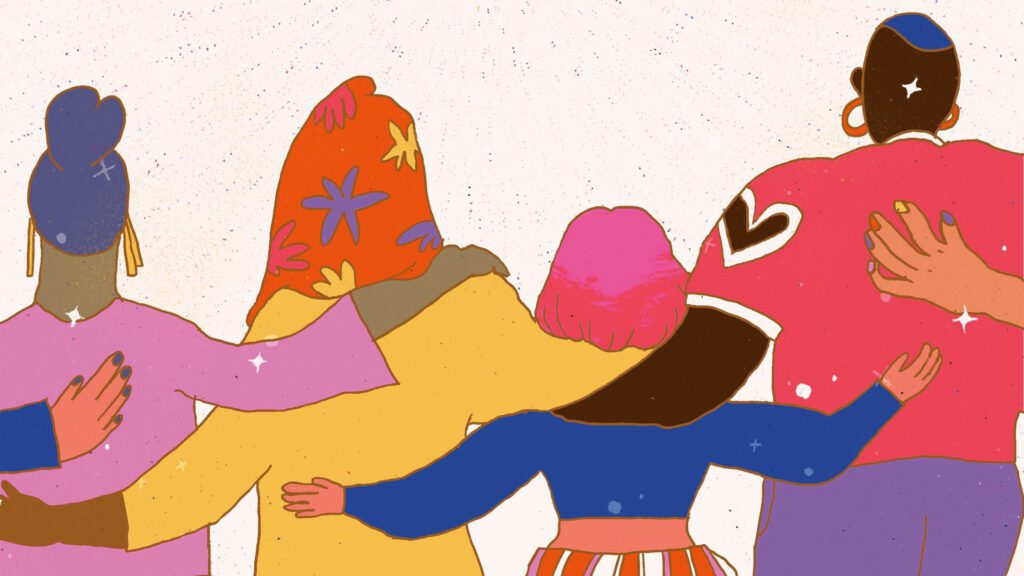
Compassion
Compassion, or karuna, is the heart of Buddhist practice. It calls us to respond to suffering—our own and others’—with kindness and a desire to alleviate it. For me, cultivating compassion began with acknowledging the depth of my own pain. I had spent years trying to numb or deny my suffering, believing it to be a sign of weakness. But the dharma taught me that turning toward my pain with compassion was the first step toward liberation.
One of the most transformative practices in my journey was loving-kindness meditation. Initially, it was difficult to direct loving-kindness toward myself. The voices of internalized bias were loud and persistent, telling me I was unworthy of love. With time and persistence, however, I began to soften these judgments and extend compassion to the parts of myself that felt most broken.
Compassion also compelled me to engage with the suffering of others. As I healed my own wounds, I felt a growing responsibility to address the systemic causes of bias and discrimination. This meant not only challenging oppressive systems, but also building connections with those who had been marginalized in similar ways. Compassion became the bridge that connected my personal healing with collective liberation.
The Buddhist path offers profound tools for alleviating the suffering of bias. In the wake of my darkest moment, it was faith—an inexplicable sense of possibility—that propelled me to seek healing and transformation. Despite my inner turmoil, something deep within me trusted that life held the potential for liberation from suffering.
Through the cultivation of wisdom and compassion, we uncover the roots of suffering and develop the clarity to address them, and to transform our pain into a source of connection and liberation.
My own journey has been one of learning to see beyond the labels and stereotypes that once defined me, to trust in the possibility of freedom, and to extend compassion to myself and others. The suffering of bias is real and pervasive, yet it is not insurmountable. By turning to the teachings of the dharma, we can find a path toward healing—not just for ourselves but for all beings.
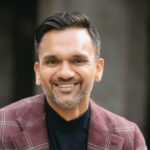
Anu Gupta is the author of Breaking Bias and the founder of BE MORE with Anu, an education company that trains professionals in Buddhist tools to maximize impact.

 JimMin
JimMin 







